Want to eat cheap so that you can do bigger, better things with your money. Use the Good Cheap Eats System to get space in your budget as well as peace of mind.
Estimated reading time: 9 minutes
Want to save this post?
Enter your email below and get it sent straight to your inbox. Plus, I’ll send you budget recipes and money-saving tips every week!
I took this picture overlooking the ocean at our resort in Maui in December 2019. It represents a lot of things to me, but mainly this:
The System worked.
Back in 2007 we were in the throes of debt. Over 15 years later we were able to spend ten days in Hawaii on a paid-in-cash vacation. Paid. in. cash. With savings to boot!
If you had told 2007 Jessica that story, she would have laughed in your face. Because that was impossible to believe. But here we are.
In case you don’t know the back story, here it is in 100 words or less:
2007: we’d spent all the money we’d made in the California housing boom, over 200k, moving to the midwest and purchasing a home and rental property. At the end of it, we were 18k in consumer debt, owed several 100k on two mortgages, and no savings. After a loss of income and with our sixth baby on the way, we needed to make some big changes.
Oy.
Not to be defeated, Bryan and I started to right the ship. Over the course of the next 18 months, we both took on extra work and we sold lots of things, including a house. We weren’t able to sell the rental property right away, but as soon as we could, we did, paying off $42k in negative equity to do so.
Whew. Mess, right?
To right the ship, we built a zero-based budget every month and slowly paid off the debt, even with an unpredictable income.
One of the things that came out of that season was learning how to eat cheap. In the process I developed the Good Cheap Eats System to saving money on groceries.
Why Learn How to Eat Cheap?
With all that debt, why did it matter what we spent on groceries? Learning how to eat cheap can make a HUGE difference in your bottom line.
True, groceries may seem like a small thing when you’ve got 100s of thousands of dollars in debt, but as the old proverb says, “Little drops fill a mighty ocean.”
You see, I couldn’t control the cost of our truck payment or our mortgages, but I was in complete control of what went in the grocery cart. Through careful food management, I was able to whittle our grocery expenses down to the bare minimum so that we could divert more money to debt reduction.
The Good Cheap Eats System is your ticket to learn how to eat cheap. It worked then and it continues to work today, so many years later.
The System can help you save money and do the things you really want to do. Like pay down debt. Save for a new car, college, a house. Invest in retirement. Take a trip to Hawaii!
The Good Cheap Eats System

Maybe you already do the steps that are included in the Good Cheap Eats System. Maybe there are a few you excel at and others you’ve never tried.
I guarantee that practicing this system will make you a lean, mean, money-saving machine, where food is concerned, but also in other areas. The more economical you are in the kitchen, you’ll see it spread to other areas of your budget.
Ready to learn the steps? Let’s go!
PLAN
Everyone plans when it comes to food and grocery shopping, but the type of planning I’m talking about will level up your money savings.
Plan budget meals.
Meal planning is usually a given for home cooks, but there are many different approaches to it, some that can be quite pricey.
Meal planning to save money involves focusing on what you have first and then filling in the gaps with ingredients that are on sale or clearance or that are naturally frugal, like rice, beans, eggs, etc.
Be sure to consult our Budget Grocery List with 75 foods to help you fight inflation, so it’s top of mind what ingredients to plan your meals around.
This doesn’t mean that you can’t enjoy filet mignon on occasion, but that your default meal planning mode is with money-saving in mind.
Plan to use up leftovers
When food goes in the trash, it’s not just food that you’re wasting. In fact, you’ve neglected to consider the time it took to shop and prepare it, the money you spent to buy it, and the energy resources to transport and store it.
Food is more than just food sometimes.
Anytime you can avoid food waste is an opportunity to save, so make a plan for leftovers and learn to be a good steward of your kitchen. Using up little bits here and there can add up to savings.
Pro tip –> Check out these Books to Help You Use What You Have.
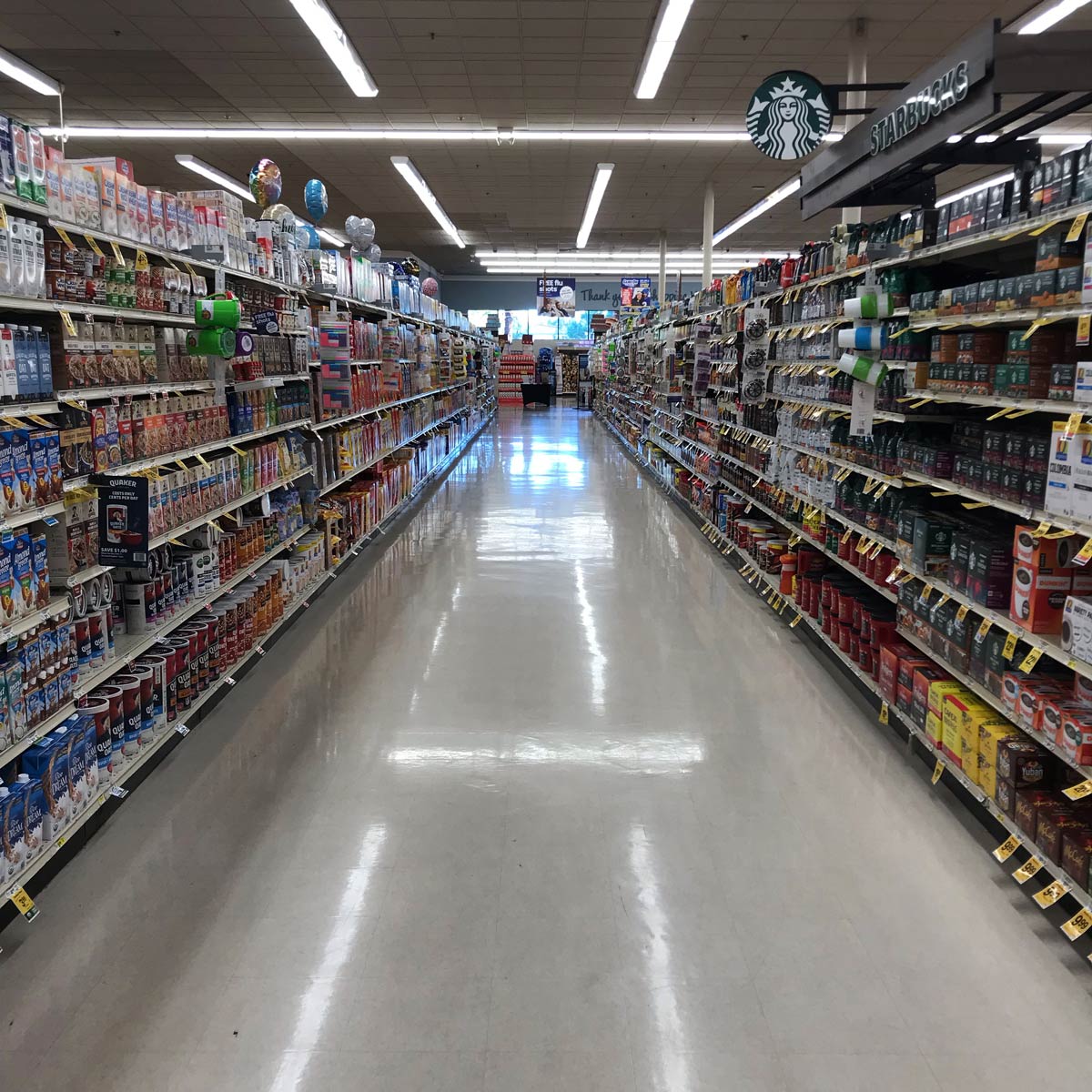
SHOP
Everyone shops, right? Well, let’s turn your shopping up to 11.
Shop the kitchen.
Shopping the kitchen is your first and best step. You don’t even have to leave the house!
Check to see what food you already have and make a plan to use it up before you buy more.
You don’t need to eat it down to bare bones of course, but there’s no reason you need to go grocery shopping if you’ve got plenty of good stuff at home in the fridge, freezer, and pantry.
By shopping your kitchen you learn to make creative substitutions; necessity is the mother of invention, you know. Practicing this on the regular builds confidence in the kitchen and leads to less food waste.
Shop the best store.
You can save a lot of money just by analyzing where you shop. Not all stores are created equal. You may very likely lower your grocery bill by changing your regular store.
Regularly assessing what store has the best prices on the things your normally purchase can make a difference in the bottom line.
Do your own Grocery Store Showdown to see what’s the best grocery store for you!
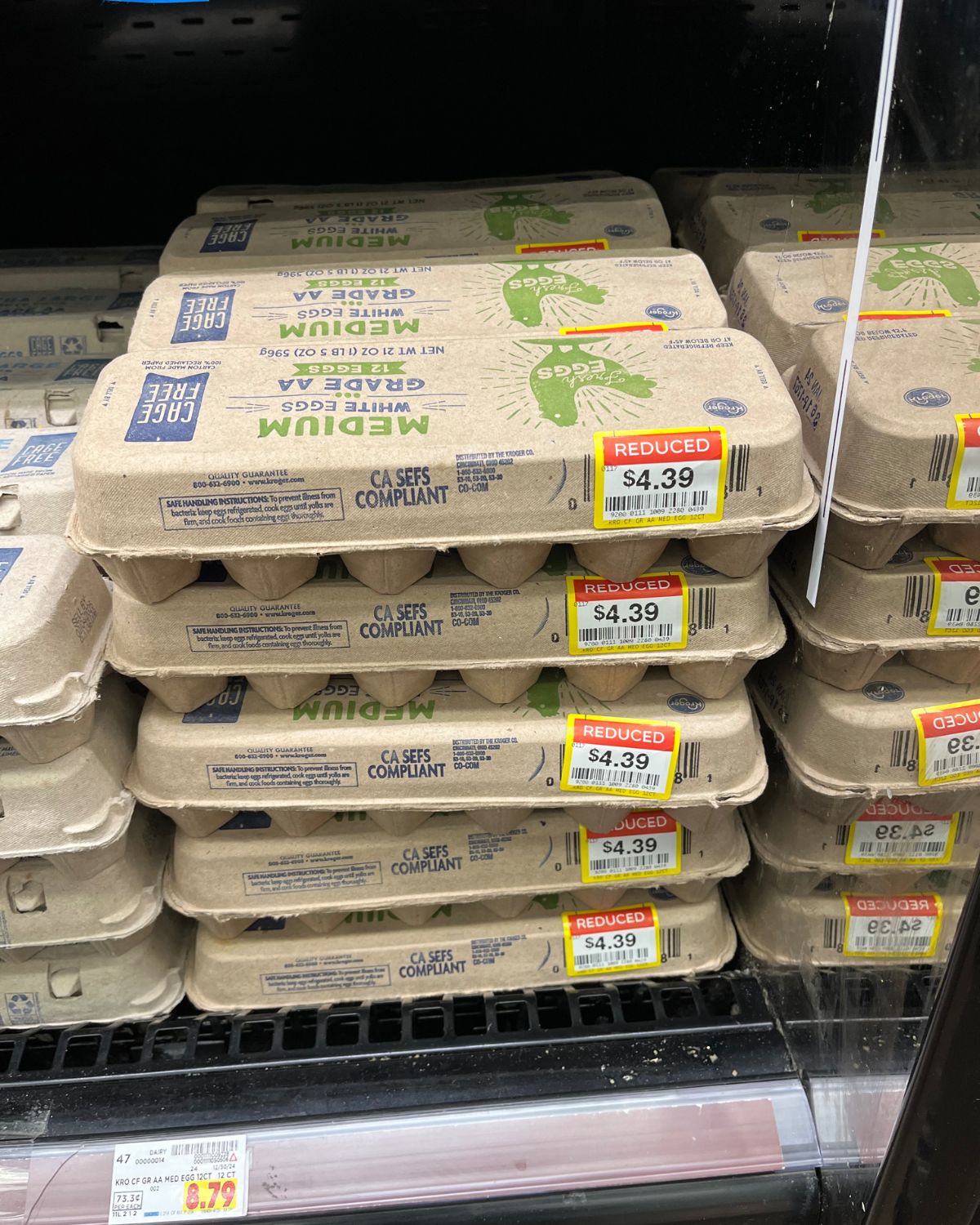
Shop the sales and clearance.
Instead of buying what you want when you want it, develop a shopping habit that allows you to already have it before you want it!
Stock your pantry on a budget so that you never have to pay full price for the foods you want to serve. By visiting the store with the best prices and shopping the sales and clearance, you can stretch your grocery dollar so that it works harder for you.
Buy a few extra when you see a great price and keep it on hand for when you’ll inevitably want it. You spend less and enjoy great food.
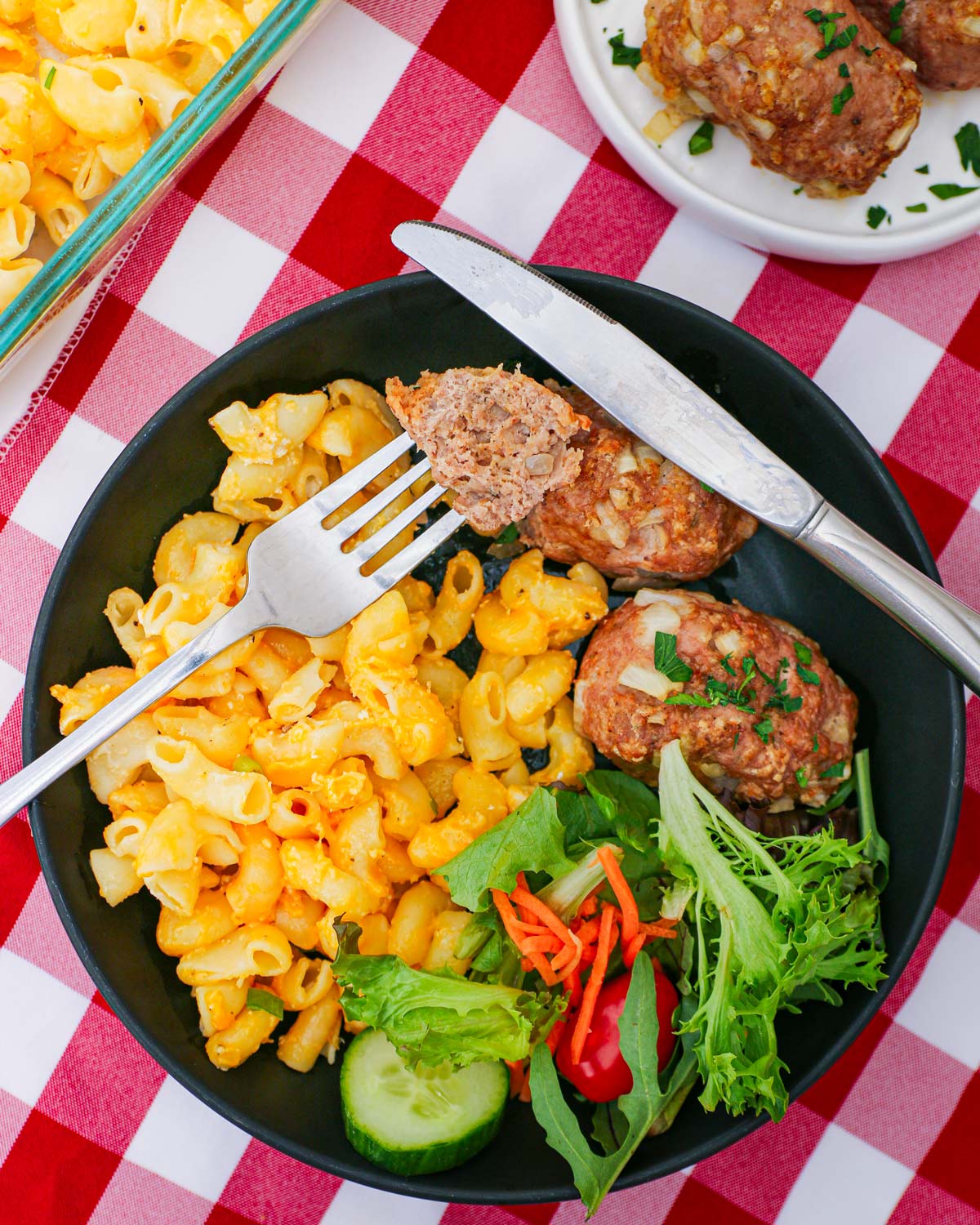
COOK
Everyone cooks, of course, but we’re talking about a certain type of cooking, designed to save you money.
Cook meals you love.
Home cooked food is usually cheaper and more nutritious than other options. While it can feel like a monumental feat at times, it is always worth the effort.
But more importantly, cook meals you love!
When you cook food that you genuinely enjoy, you’ll want to eat the meals you make and be less likely to want fast food or restaurant meals.
Cooking at home allows you to adjust for allergies and preferences as well as to make your favorite restaurant meals for much, much less. With practice, you’ll enjoy your favorite meals at home and not even be tempted for take-out.
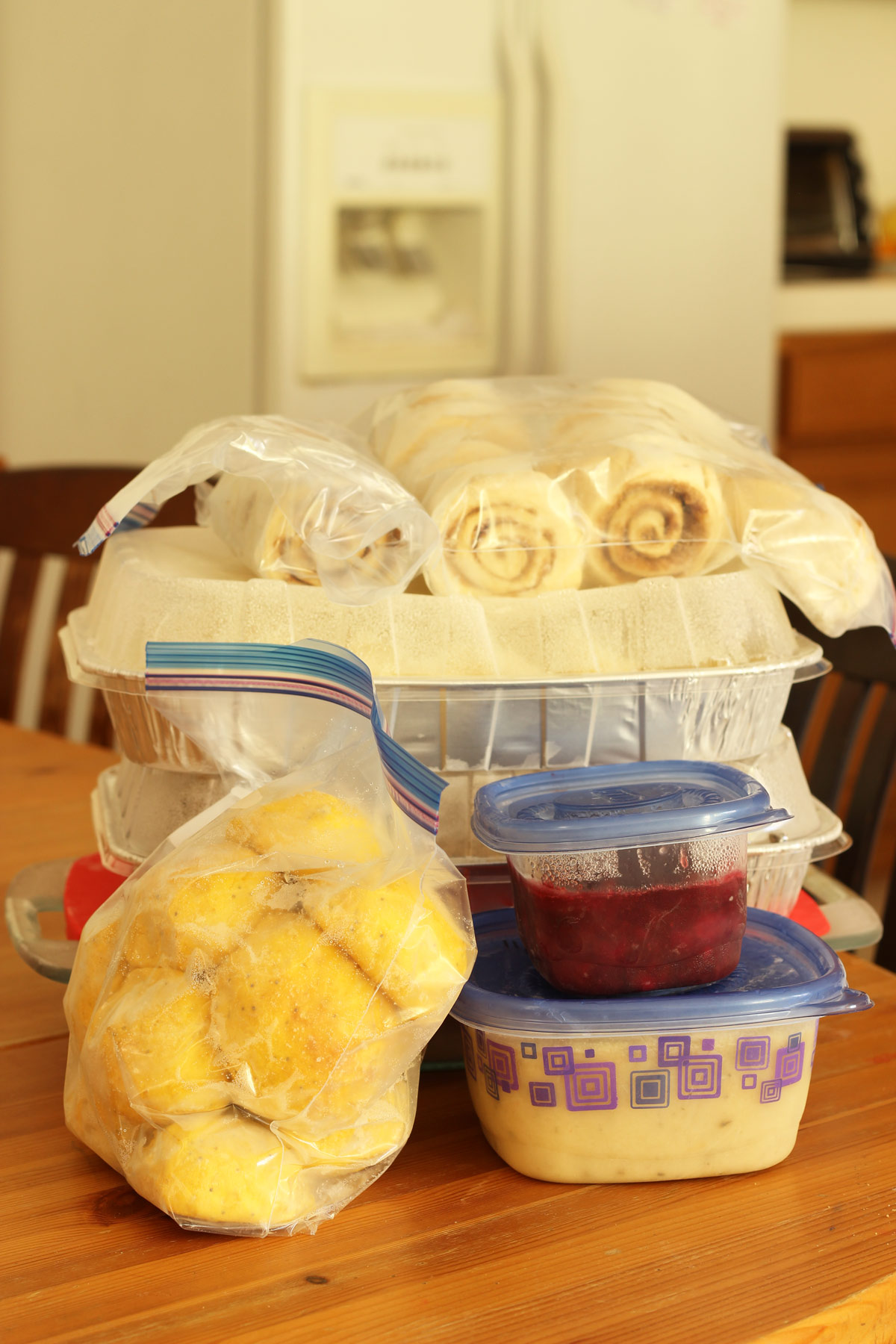
Cook extra to freeze.
When you freeze extra for later in the way of freezer meals and meal components, you’re buying yourself time in the future as well as extending the life of your grocery investments.
Your future self will love being able to take the night off cooking, knowing that you did yourself a big favor in thinking of your future well-being.
You get to maximize the fruit of the previous six steps by freezing foods for later.
Enjoy more savings and free time.
Your life doesn’t revolve around the kitchen. Or the grocery store. And it shouldn’t. There’s a big world worth seeing and a life worth living. Do more of the things you love with a little more money in the budget.
Enjoying the fruits of your labor is part of the process!
Learn to Eat Cheap & Save Money Fast
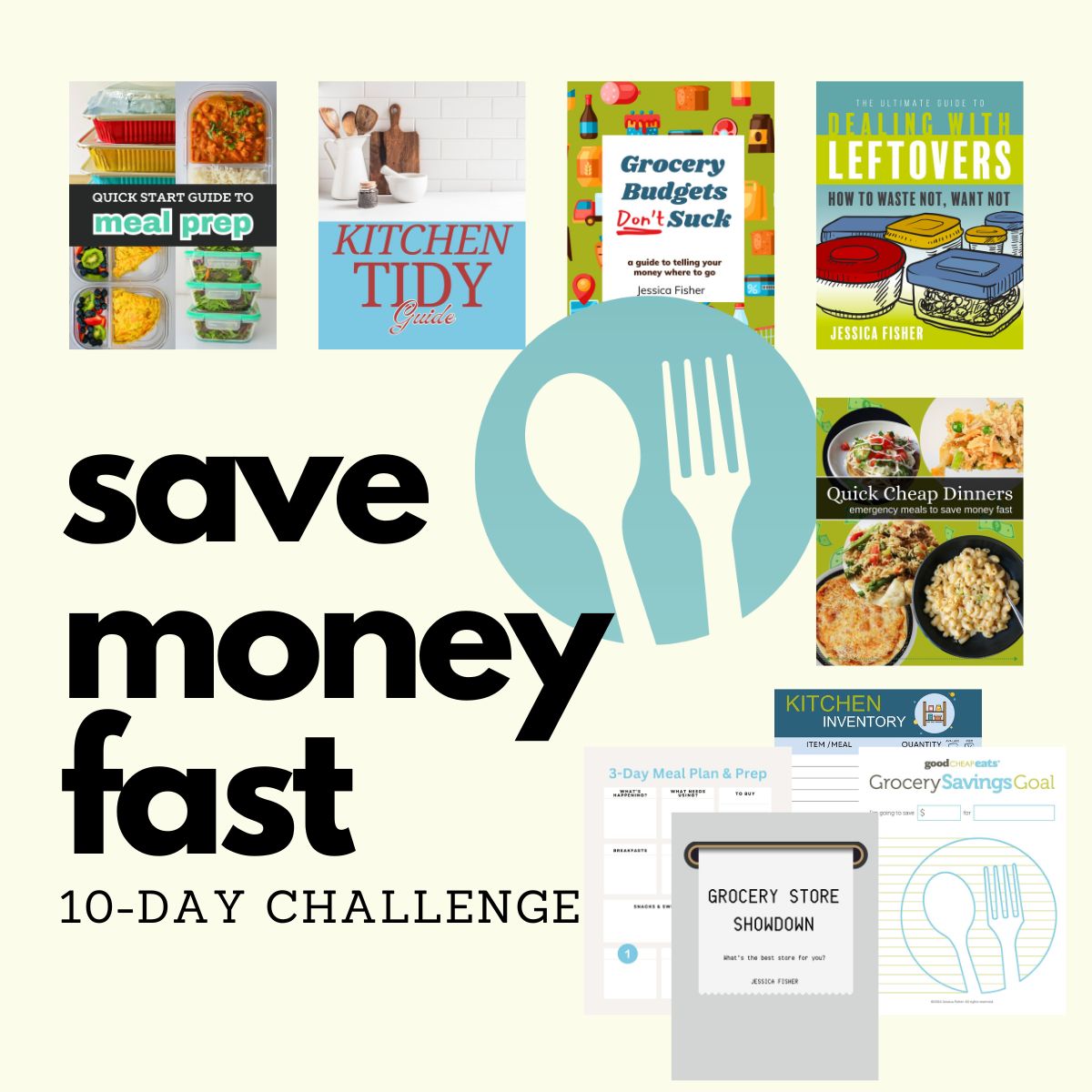
Take a crash course on saving money on groceries when you purchase the Save Money Fast 10-Day Challenge.
This program will help you dial in the strategies you need to eat cheap and save money.
How’s it worked for you?
Have you worked the System and seen success? Leave a comment below and tell us your experience!
This post was originally published on June 18, 2020. It has been updated for content and clarity.


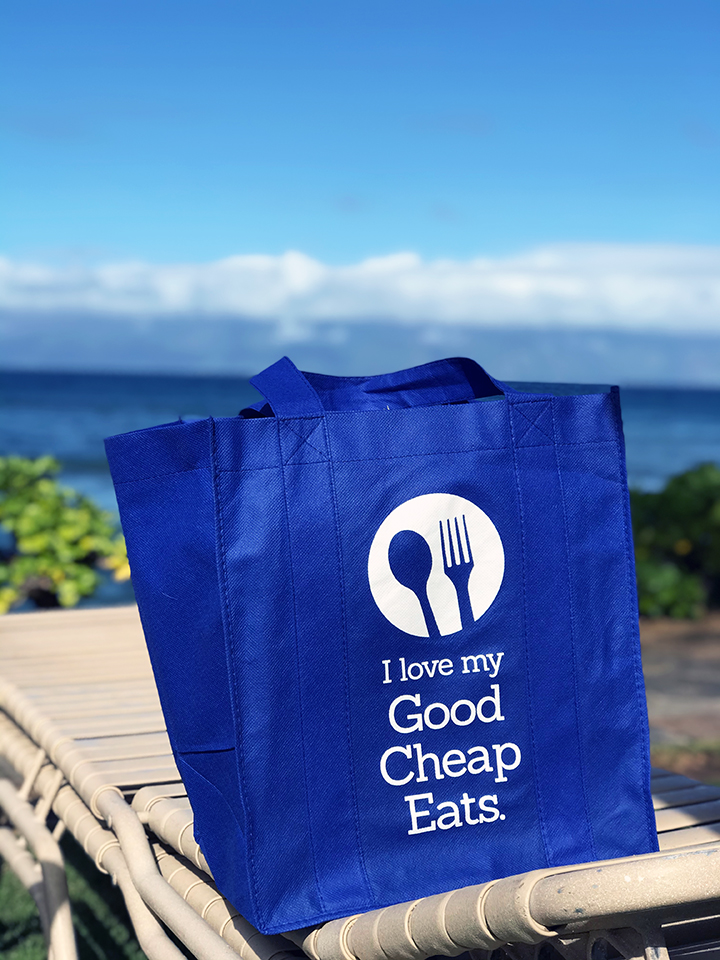
Simone
I have five teens in the house, and I am a single, full-time working mom. The idea of making things from scratch is, to put in kindly, laughable in my world.
Jessica Fisher
We had six kids in 11 years, so I get you. I found that even though I was still working, I had more time than money. Needs must as they say.
I think there are quite a few tricks to making things from scratch even when you don’t have a lot of time. I’d be happy to troubleshoot with you if you want to hop on Zoom sometime. Just let me know!
Janet
I usually shop my pantry first when making my grocery list. At the same time, I try to keep a bit of back stock as well. When the pandemic hit, I was glad I had some extra in the pantry. Trying to save money and prepare for a rainy day can be hard to balance. I would love to hear your thoughts on this.
Jessica Fisher
It is a challenging dance, isn’t it?! I haven’t quite figured it out. We’ve spent more during quarantine thanks to shortages and uncertainty. Currently the freezer is packed and I really feel the need to pare down and see what’s what. I’m working on my pantry meal development and having that emergency supply on hand. And it’s a big topic of conversation in the membership right now. Will update more as I see success.